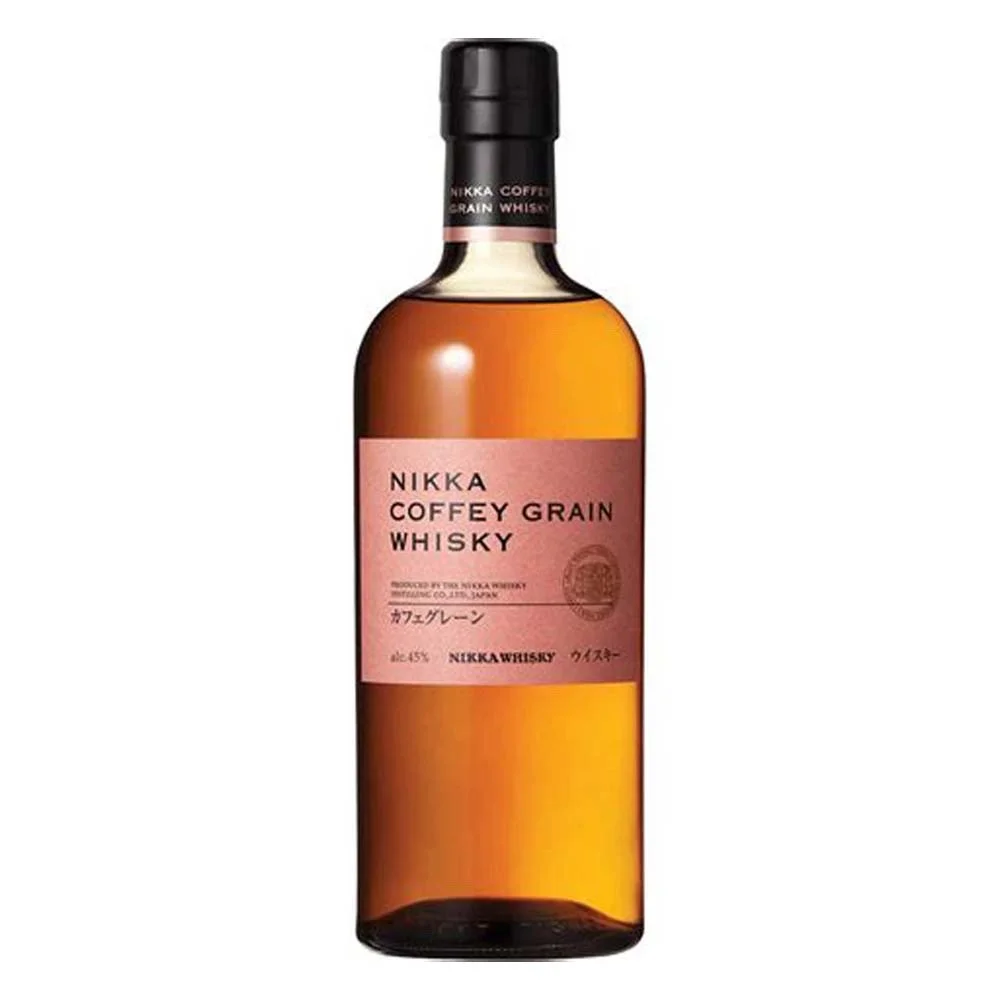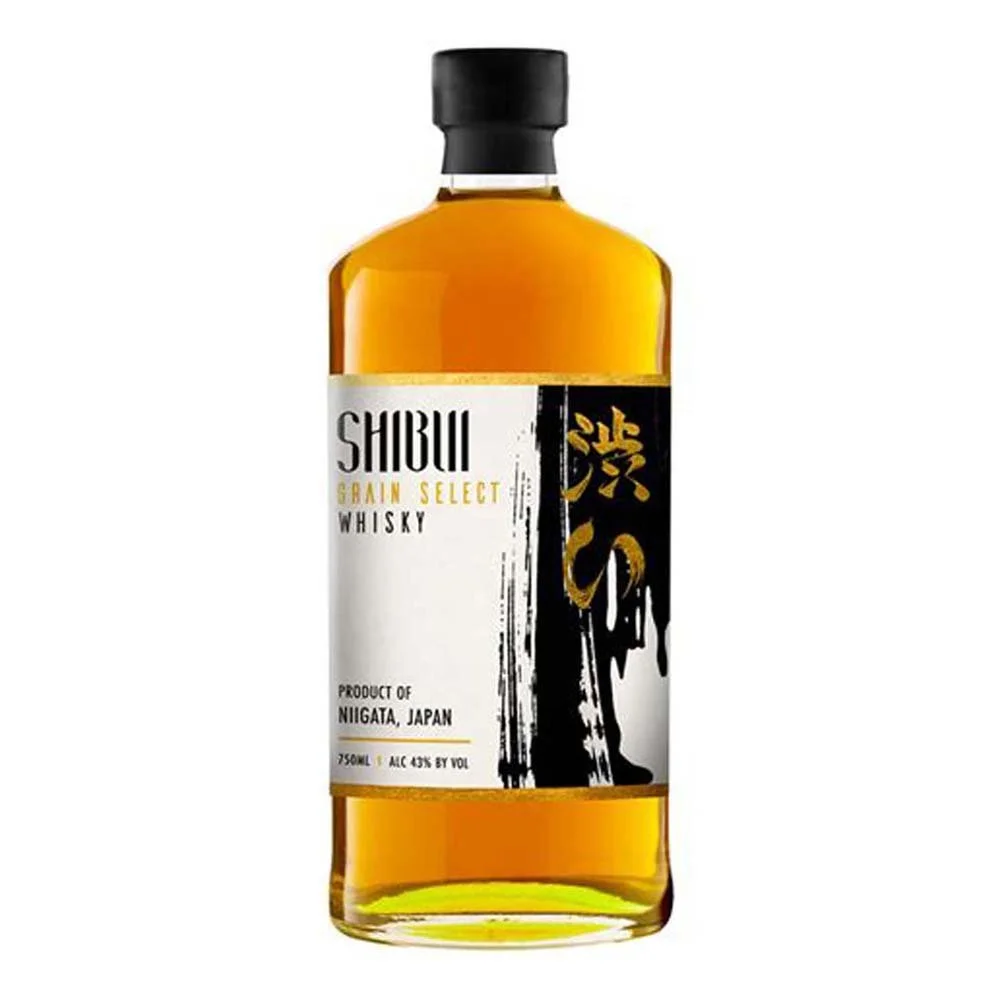JAPANESE WHISKY
Precision, Purity, and the Spirit of Craft
Japanese whisky is defined by its elegance, balance, and meticulous craftsmanship. Influenced by Scotch traditions but shaped by Japanese culture, climate, and attention to detail, these whiskies offer refined flavors—from delicate fruit and floral notes to soft smoke and umami-rich depth. Every aspect, from water source to barrel aging, is treated with reverence. The result is whisky that’s not just distilled—but composed.
Key Characteristics
Japanese whisky is typically made with malted barley (often peated or unpeated Scotch varieties), distilled in copper pot stills, and aged in a variety of oak casks. The style emphasizes balance, texture, and restraint over boldness—resulting in subtle, layered flavor. Blending is highly valued, and even single malts often display finesse over power.
Style
Single malt, blended, grain, single grain, world blends
Body
Light to medium
Texture
Silky, clean, graceful; often soft and layered
Primary Grains
Malted barley (often imported from Scotland), corn, sometimes rice or other grains
Typical Flavors
White peach, pear, almond, green tea, smoke, sandalwood, honey, delicate spice, incense
Origin & History
Japanese whisky began in the early 20th century, with Masataka Taketsuru—who studied distilling in Scotland—helping establish the foundations of the industry. Brands like Suntory and Nikka modeled their early products on Scotch, but over time developed a uniquely Japanese identity. By the 2000s, international awards and limited releases brought Japanese whisky to global prominence, making it one of the most coveted spirits on the market.
How It’s Made
Japanese whisky production mirrors Scotch in method—pot still distillation, long aging in oak—but diverges in philosophy. There’s a focus on harmony and precision, often using soft local water and a variety of cask types (American oak, sherry, mizunara Japanese oak). Unlike Scotland, where blending often involves multiple distilleries, Japanese producers typically do everything in-house, creating wide style diversity within a single brand.
Notable Styles
Japanese whisky can vary from gentle and floral to smoky and rich, with particular reverence for balance and craftsmanship.
Single Malt
100% malted barley from one distillery; elegant, often subtle and refined
Blended Whisky
Mix of malt and grain whiskies; crafted with precision, often showcasing signature house style
Grain Whisky
Typically corn-based and light; used in blends or as a soft sipper
World Blends
Some newer brands blend Japanese whisky with imported spirits; quality varies
Mizunara Cask
Aged in rare Japanese oak; adds incense, sandalwood, and exotic spice notes
Peated Japanese Whisky
Less common, but growing; combines smoky depth with Japanese finesse
Cocktail Pairings
Though often enjoyed neat or on the rocks, Japanese whisky also shines in clean, minimalist cocktails.
Classic Cocktails
Whisky Highball, Japanese Old Fashioned, Manhattan with blended whisky
Modern Mixes
Yuzu Whisky Sour, Green Tea Highball, Smoked Plum Old Fashioned, Ginger-Miso Old Pal
Food Pairings
Japanese whisky pairs beautifully with umami-rich foods, grilled seafood, and light, delicate flavors that mirror its restraint.
With Savory
Yakitori, sushi, miso-glazed eggplant, grilled salmon, mushroom risotto
With Cheese
Aged Comté, goat cheese, nutty Alpine styles, creamy Brie
With Dessert
Matcha shortbread, white chocolate, almond tart, pear galette
How to Serve It
Glassware
Tumbler, Glencairn, or highball glass (for Mizuwari-style service)
Temperature
Room temperature for sipping; chilled with large ice or sparkling water for highballs
Storage
Store upright, sealed, and away from light. Once opened, best enjoyed within 1–2 years for peak nuance.
Fun Fact
Mizuwari—a traditional Japanese way to drink whisky—involves a precise mix of whisky and water over ice, often stirred exactly 13.5 times to achieve perfect balance.
Try This If You Like
Scotch
Especially Speyside or delicate Highland styles
Irish whiskey
For softness
Cognac or Armagnac
For finesse
Sake
For cultural synergy
Recommended Producers
These houses exemplify the diversity and craftsmanship of grain whisky, showcasing innovative blending, precise distillation, and a global perspective on flavor.
Nikka
A pioneering Japanese distiller known for its Coffey Grain Whisky, a smooth, bourbon-style expression crafted with traditional column stills.
Shibui
A modern whisky brand specializing in Japanese grain expressions like the 18 Year Sherry Cask and Grain Select, emphasizing elegance, age, and cask influence.
Suntory – AO
A bold global blend from one of Japan’s most iconic producers, combining whiskies from five countries into a seamless, worldly expression.
Recommended Pours
Nikka - Coffey Grain Whisky — A smooth, bourbon-esque Japanese grain whisky with notes of tropical fruit, caramel, and gentle spice, distilled in a traditional Coffey still.
Shibui - 18 Year Old Single Grain Sherry Cask Whisky — A richly aged single grain whisky matured in sherry casks, offering deep flavors of dried fruit, toffee, and warm oak.
Shibui - Grain Select Blended Grain Whisky — A silky and balanced blend of Japanese grain whiskies with vanilla, honeyed cereal, and subtle baking spice.
Suntory World Whisky - AO — A globally blended whisky uniting spirits from five countries, delivering a harmonious profile of smoke, fruit, and spice.





